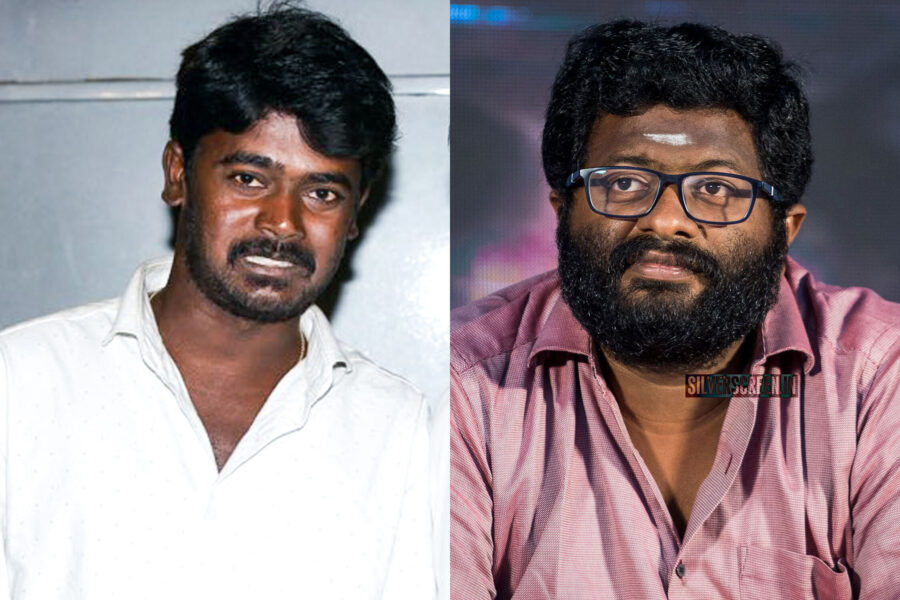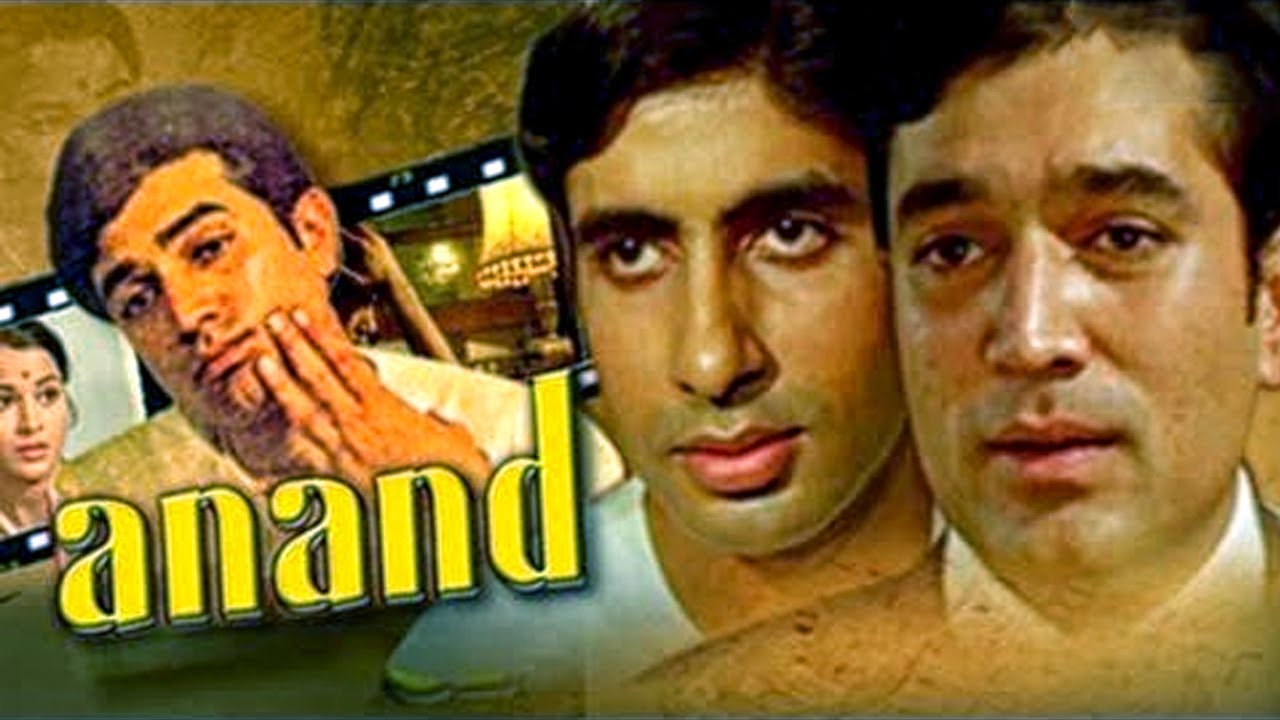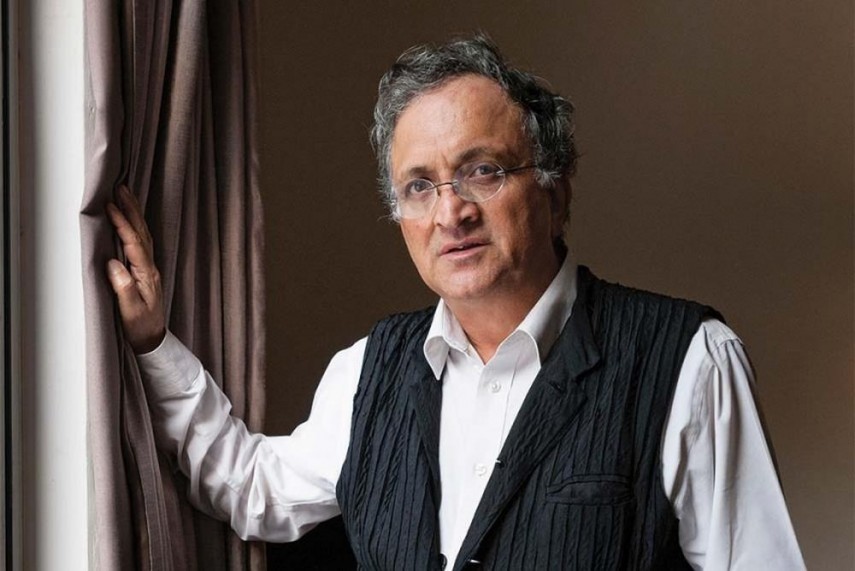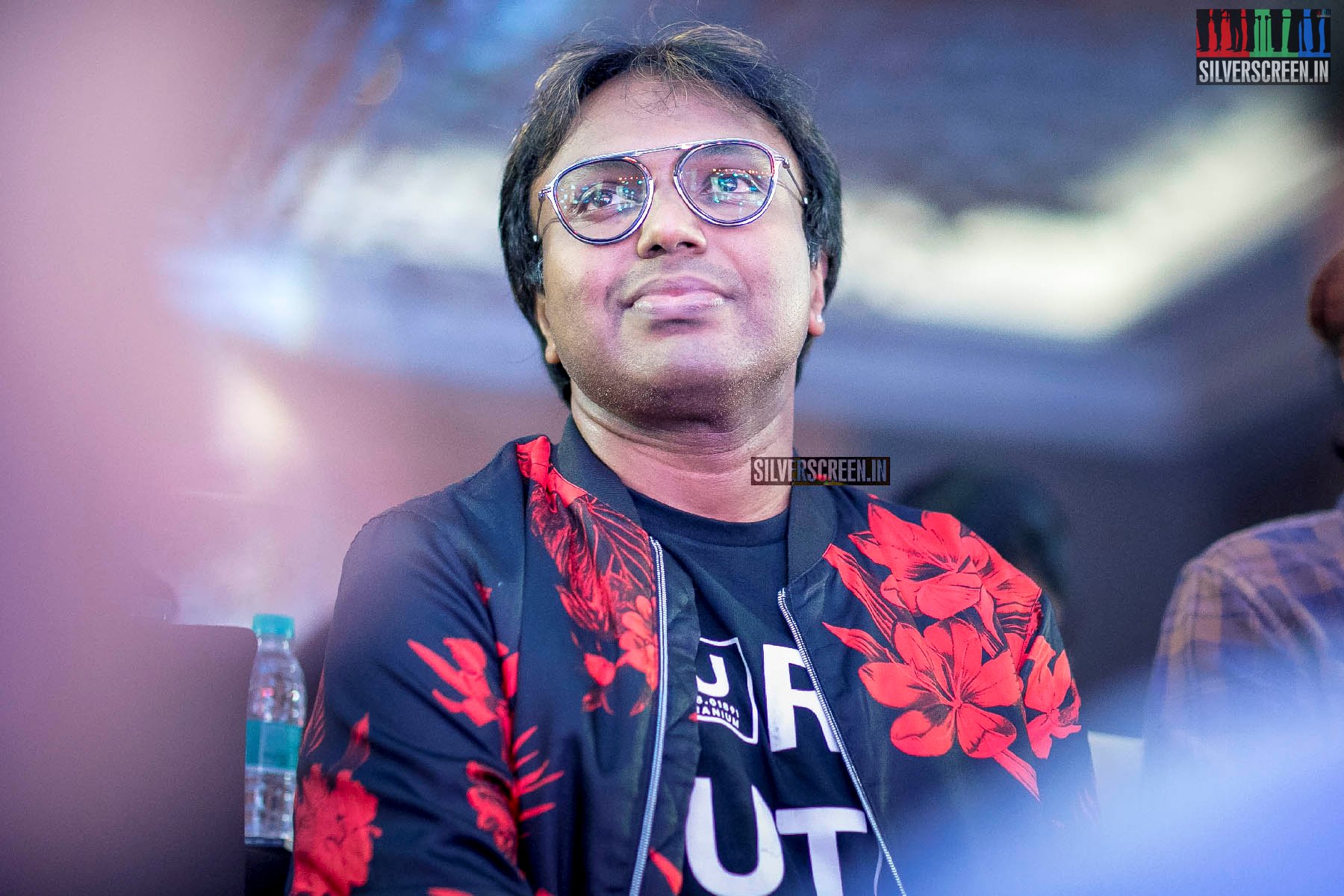In a previous article, for Silverscreen India I covered the dispute between PS Mithran, the director of Hero starring Sivakarthikeyan, and Bosco Prabhu, in some detail. I have since had access to the court documents in the copyright dispute. The documents include the plaint filed by Bosco, the counter affidavit filed by Mithran and the synopsis of the two scripts filed by both parties.
In his plaint, Bosco states that he was approached by Kalaipuli S Thanu to make a film in 2015 titled Vetri, for which he received an advance, after which he developed the synopsis and script. This is the script he registered with the South Indian Film Writers Association in 2017. (There are no details on what happened to this project after that.) The plaint also mentions the basic outline of the plot of Vetri. Then, Bosco mentions that he watched the teaser of Hero and suspected that it was too similar to his own script, and made a complaint with the Writers Association. They held hearings and gave a report in his favour.
In the counter affidavit, Mithran states that he had never interacted with Bosco Prabhu and did not know anything about his script whatsoever. He also states that the producer, KJR Studios, engaged three writers to help him develop his film Hero. The writing team, he states, spent time in Masanagudi developing the script which was finally used. He points out various differences between the synopsis of Vetri and his own film. He also states that the Writers Association never shared Bosco Prabhu’s script or screenplay with him during the hearings. Therefore, he was not able to compare his own script with Bosco’s and show them the differences.
Silverscreen India has also accessed the rival synopses. (Find them at the bottom of this piece).
From the synopses and the court documents, two important points emerge – one of independent creation and another of whether the two are similar or not. Bosco’s plaint does not mention anywhere that his script was leaked to Mithran, or how Mithran could have stolen it from him. Without this fact being proved, or there being at least a plausible theory of how such a leak could have happened, it will be difficult for Bosco to succeed. Mithran will succeed by merely showing that he independently created his script, since Bosco’s script was not publicly available.
On the question of plagiarism, as stated in the earlier piece, there are three issues for the Court to ponder over.
Firstly, copyright law does not protect an idea, it only protects the expression of the idea. In Vetri and Hero, there are similar themes, that of women inventors being discredited by the villain, the inventors committing suicide, and the hero taking revenge for the same. However, Mithran has argued that the way the two scripts pan out are quite different. The first is a film about patent fraud, and the second is a superhero film about the education system. Based on the synopses we can say that the individual incidents, the characters and sub-plots, and the motivations of the characters seem to be different. So, the Court will look at whether the similarities are only to the extent of the ‘idea’ or whether the ‘treatment’ of the two scripts is also similar.
Secondly, the test that the court applies is of ‘substantial similarity’, i.e. can the second work exist without the first? The Court will usually decide this on the basis that if a reasonable, unbiased viewer sees both the works, will she feel that the second work is a copy of the first.
Recommended
Thirdly, the Court will consider the fact that the story of Vetri seems to be part of the track in a much larger story in Hero. There was an earlier controversy with the film Baaghi, where a 20-minute sequence in the climax was seemingly borrowed from an Indonesian-Hollywood film, The Raid: Redemption. The Bombay High Court had said in that case that this is only one part of Baaghi and not the entirety of Baaghi, and ruled that there is no copyright infringement. The Madras High Court may consider this judgment also.
If the two parties do not reach a settlement, this case will be a landmark in Indian copyright law, since no case so far has dealt extensively with ‘independent creation’ or the value of reports given by industry associations such as the Writers Association.
This is Bosco Prabhu’s synopsis. (There seem to be some differences between the narration in his plaint and the narration in the actual synopsis registered with the Writers Association.)
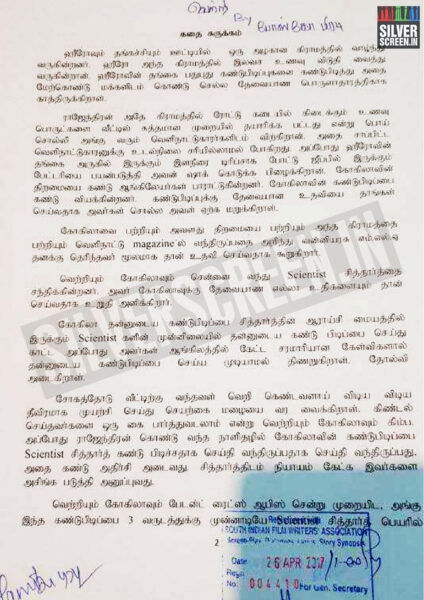
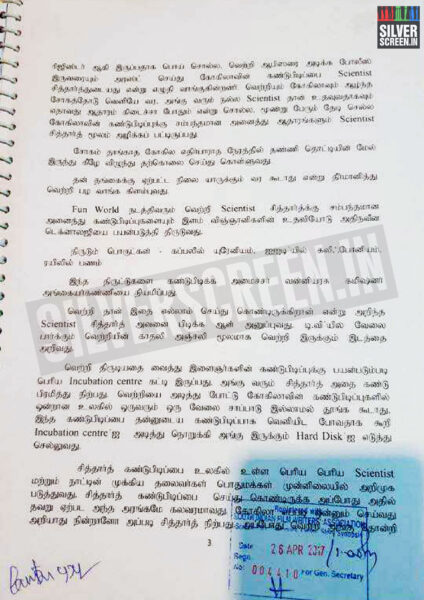
6
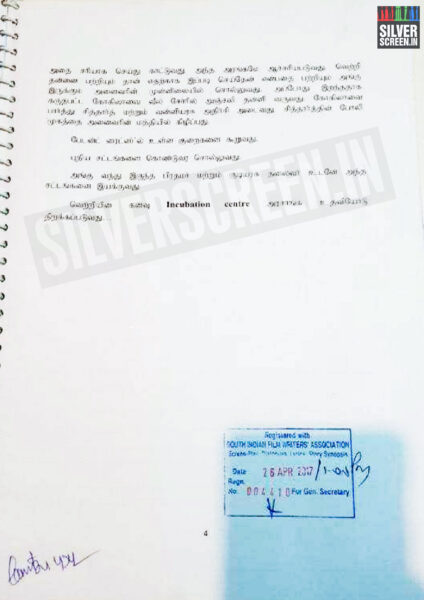
5
This is PS Mithran’s synopsis.
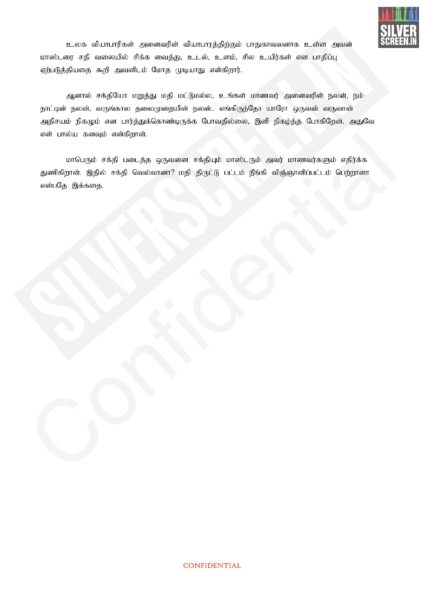
Synopsis—Tamil-(1)1
Also read, ‘Hero’ Review: A Well-Imagined, Slow, Not-So-Slick, Homegrown Superhero Story
